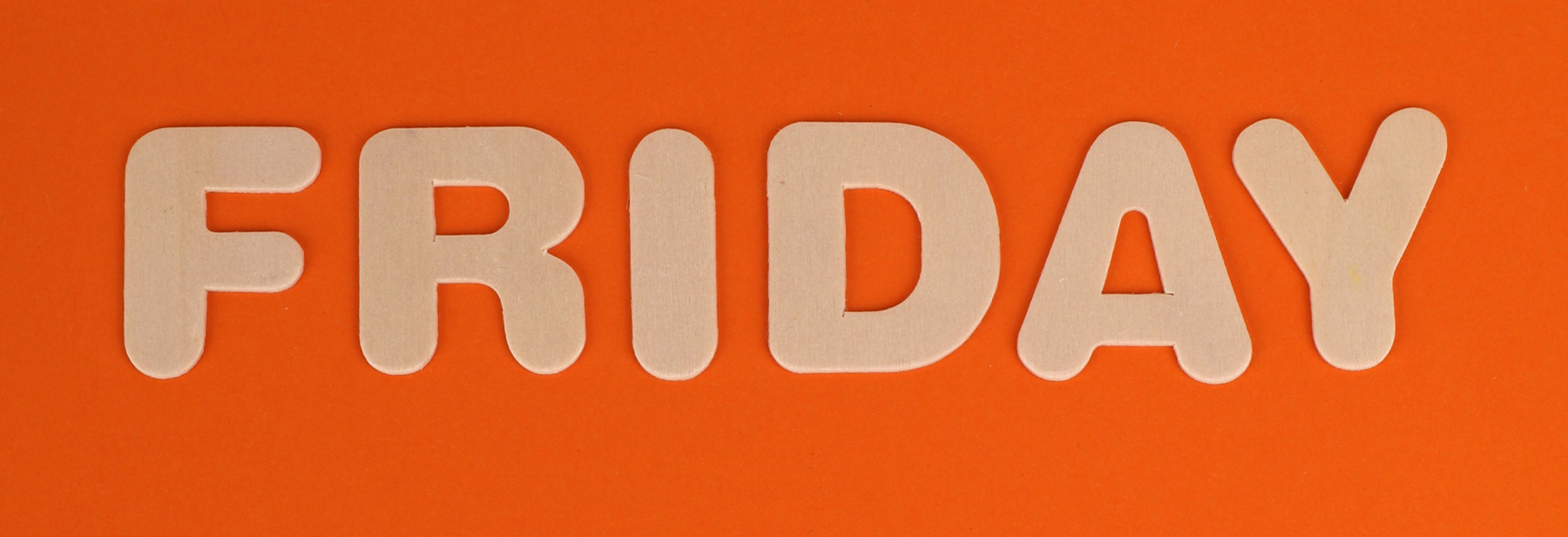
ServiceFriday: How to Regain Trust When You’ve Failed Your Customer…Again.
It is commonly understood that service recovery efforts must follow in the wake of a service failure. But what if those recovery efforts are unsuccessful, creating what is called a “double deviation” from customer expectations? A research article published in the Journal of Service Research by Kenny Basso and Christiane Pizzutti provides insights on how to acquire trust after a customer has experienced an unsatisfactory service recovery.
“To date, studies have demonstrated that double deviations have a negative effect on trust relative to the effect of a successful service recovery. Based on our findings, double deviation represents a double failure to meet the customer’s initial expectations of the service provider, which increases the breach of trust caused by the initial failure. […]
Our results demonstrate that, contrary to what some may think, money (i.e., financial compensation) does not buy trust after double deviation; instead, companies can restore the client’s trust (at least in part) and maintain the relationship with him or her by making an apology or a promise of nonrecurrence of the failure. However, it is worth noting that whereas making an apology does not require many resources, making a promise requires that the internal problems that generated the initial failure be resolved; otherwise, the promise will be a deception.”
The authors then speak to the circumstances in which either an apology or a promise should be implemented in a company’s efforts to restore the trust of the customer. They note that the effectiveness of apologies and promises is circumstantial to the type of trust violation experienced.
“Moreover, although trust can be restored by either a promise or an apology, these tactics have different efficacies. Promises have more efficacy in restoring trust when the trust violation is based on a company’s competence, as, for example, slow service in an understaffed store or by unprepared employees in on-the-job training programs, a room that is not clean, a meal that is cold, or baggage that arrives damaged. On the other hand, apology has more efficacy when the client perceives the failure as resulting from a lack of integrity or improper company principles and values, such as treating the customer badly because the customer bought a ticket from a daily deal website, having rules that benefit the company written in fine print to make it more difficult for consumers to read them or giving a table reserved by one client to another who arrives earlier at the restaurant to ensure its occupancy.”
To access the research article, visit Sage Journals at this link: https://bit.ly/2W3XytL (A fee may apply.)